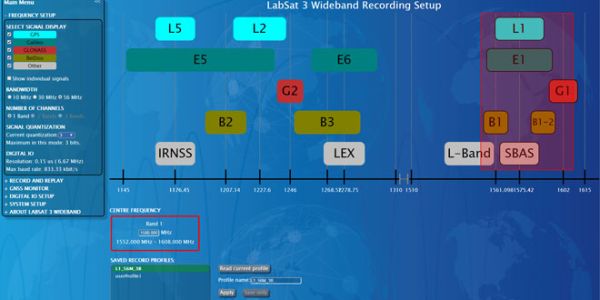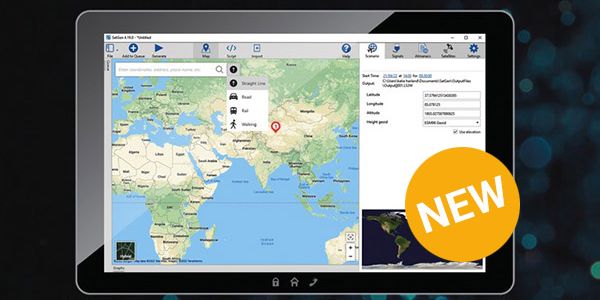
Discover the new SatGen 4
The all new SatGen 4 has a greatly enhanced user interface (UI) and automated route drawing, allowing for near effortless generation of complex scenario routes.
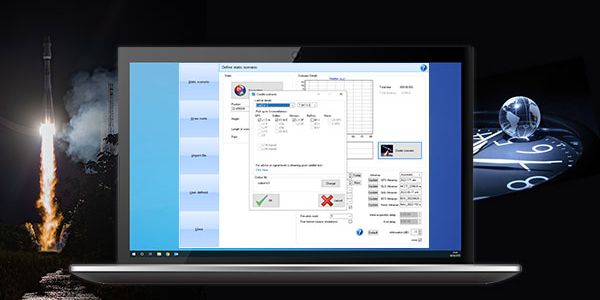
More features for SatGen
Version 3.14.27 features the ability to simulate custom leap seconds (positive and negative) and adds two features introduced in Galileo ICD ver. 2.0.
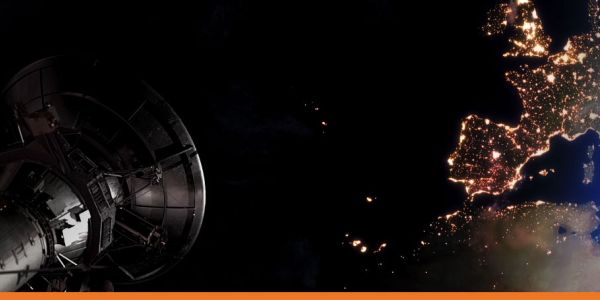
What's new at ION GNSS+ 2020?
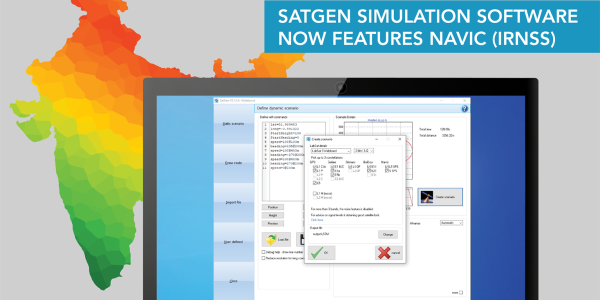
New features for SatGen
We have released SatGen v3 version 3.12.5. Amongst other changes this software version includes an anti-spoofing flag feature and support for simulating the NAVIC (formerly known as IRNSS) L5 signal.
Alongside this we have released SatGen v3 BETA version 3.12.6, this version includes support for simulating the NAVIC S-Band signal.
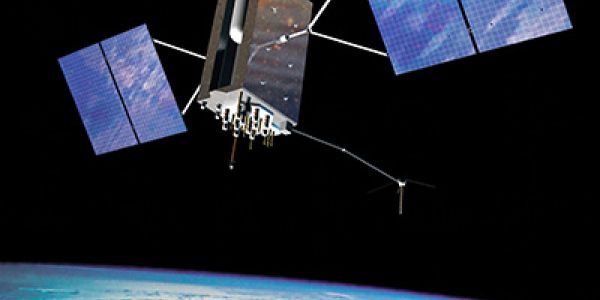
Record and Replay GPS III with LabSat
Earlier this month the first GPS III satellite (SVN74) was designated as healthy by the US Air Force Second Space Operations (2SOPS) and is actively transmitting a new GPS civilian signal identified as L1C.
As part of the future-proof technology, all LabSat units can record and replay the L1C signal (transmitted on the L1-band at 1575.42MHz) for receiver and device testing. The increased bandwidth offered by LabSat 3 Wideband enables the whole L1C signal to be captured which ...
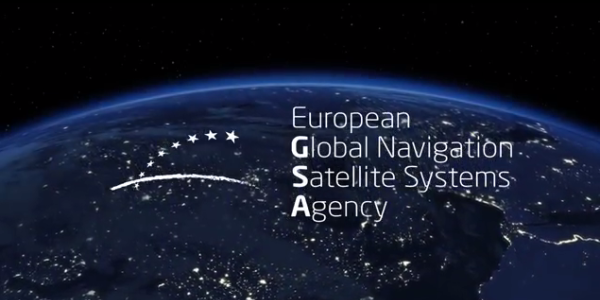
A Guide to Galileo
If you are involved in any way with products or services that utilise satellite positioning, navigation or timing, then you will have heard about Galileo, and I’m not talking about the Italian astronomer namesake! However, if you are confused about what Galileo is, why it’s important and how you can get yourself Galileo ready, then you have come to the right place!
Galileo is the European Union’s (EU) global navigation satellite system (GNSS). In December 2016 Galileo officially moved from testing phase to the declaration of Initial Services and is expected to reach Full Operational Capacity (FOC) by the end of 2022.
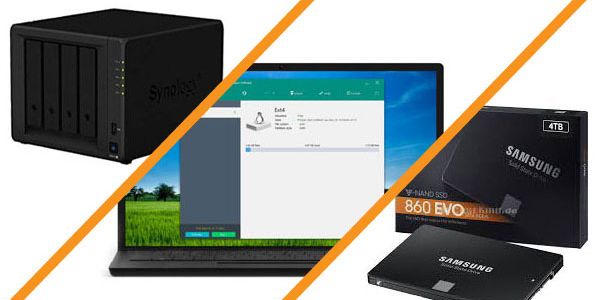
LabSat 3 Wideband - New features
The latest LabSat 3 Wideband firmware is now available and provides more options for creating and copying LabSat recordings. With a greater choice of data transfer and storage solutions, LabSat is now equipped to manage the increased demand for longer and continuous testing requirements, and time saving efficiencies within test programmes.
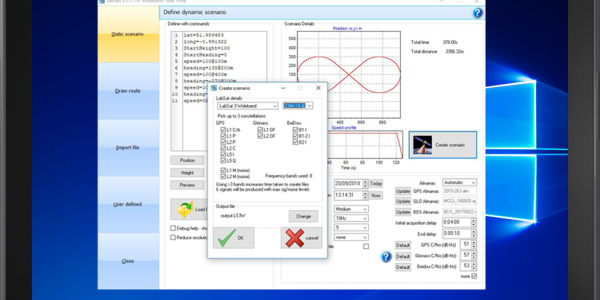
SatGen now with Galileo
The latest update to our SatGen GNSS simulation software for PC now incorporates Galileo RF simulation.
Designed to create a GNSS RF I&Q or IF data file based on a user-generated trajectory file, the updated software can now accurately simulate the European Galileo GNSS satellite constellation alongside existing GPS, GLONASS and BeiDou RF signal generation.
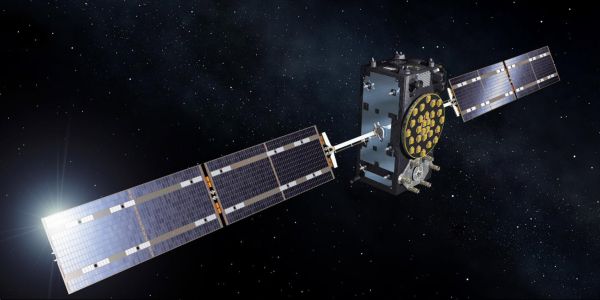
LabSat Recordings from Galileo Outage
Following the recent week-long outage of Europe's GNSS constellation, Galileo, LabSat are able to offer three one hour long files recorded during the period for test purposes.
The event on July 11 at 01.00 hrs UTC, a result of a 'technical incident' within the ground-based infrastructure caused a temporary interruption to the globally available Galileo navigation and timing service with the exception of Galileo's SAR (Search & Rescue) offering.
